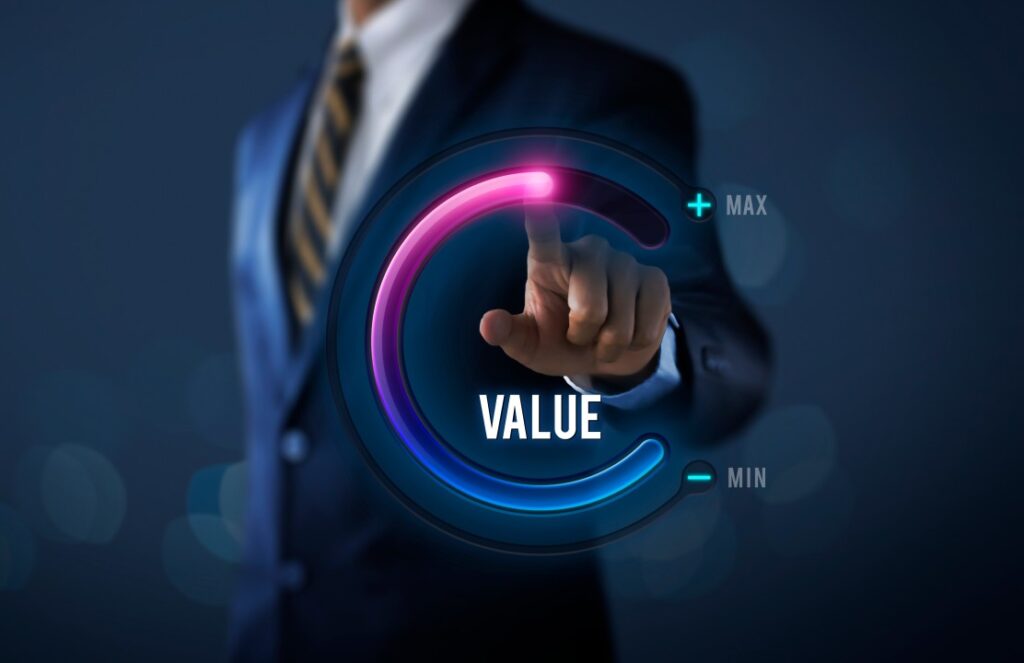Law
Intellectual Property in the Music Industry: A Legal Perspective
[ad_1]
Introduction
The music industry is a dynamic and ever-evolving landscape that has seen profound transformations over the years. While technology has democratized the creation and distribution of music, it has also given rise to complex issues related to intellectual property (IP). This article delves into the legal aspects of intellectual property in the music industry, exploring the key components of copyright, trademark, and licensing that shape this fascinating domain.
I. Copyright in Music
1.1. The Foundation of Musical Copyright
Copyright is the cornerstone of intellectual property in the music industry. It offers creators legal protection for their musical works, ensuring that their artistic expressions are not used without authorization. Musical copyright covers various elements of a composition, including lyrics, melody, harmony, and arrangement.
1.2. Ownership and Duration
In most countries, copyright in music is automatically conferred to the creator upon the act of creation. This grants exclusive rights to the composer or songwriter for a specific duration, which typically lasts the lifetime of the creator plus 70 years. However, when a work is created by multiple parties, determining ownership can be complex and may depend on contractual agreements.
1.3. Fair Use and Sampling
One of the contentious issues in music copyright is the concept of “fair use.” Fair use permits the limited use of copyrighted material without permission, primarily for purposes such as criticism, commentary, news reporting, and education. However, the extent to which fair use can be applied to musical works is often subject to legal interpretation, leading to numerous legal battles. Sampling, a practice where artists use segments of pre-existing music in their own compositions, often blurs the line between fair use and copyright infringement.
1.4. Protecting Musical Compositions
To ensure their musical compositions are adequately protected, musicians often register their works with the appropriate copyright office. This registration provides a public record of ownership, making it easier to enforce copyright and seek damages in the event of infringement.

II. Trademarks in the Music Industry
2.1. Branding and Identity
Trademarks are a significant component of the music industry’s intellectual property landscape. Musicians and bands often use trademarks to protect their brand identities, including their names, logos, and slogans. These trademarks can become valuable assets and are used to prevent others from capitalizing on a particular artist’s name or image.
2.2. Challenges in Trademarking
Trademark disputes are not uncommon in the music industry. These disputes can arise when multiple entities claim the same or similar names or when an artist seeks to protect a name that is already in use by another entity. The outcome of these disputes often hinges on factors like prior use, the potential for confusion, and the strength of the mark.
2.3. Expanding Beyond Music
The world of music extends far beyond sound recordings and performances. Artists often venture into merchandise, such as clothing lines and accessories. Here, trademarks become crucial in protecting not only the music but also the associated brand image.
III. Music Licensing

3.1. Understanding Music Licensing
Music licensing is a crucial aspect of the music industry, encompassing various forms, such as synchronization licenses, mechanical licenses, and public performance licenses. These licenses allow artists’ work to be used in various media, including films, advertisements, and public performances.
3.2. Sync Licensing
Synchronization licenses, commonly known as sync licenses, grant permission to use a musical work in conjunction with visual media. This is prevalent in movies, television shows, and advertisements, where the right song can significantly impact the viewer’s experience. The negotiation and terms of sync licensing agreements can be complex, involving fees and royalties.
3.3. Mechanical Licenses
Mechanical licenses pertain to the reproduction of copyrighted music onto physical formats, such as CDs, vinyl records, and digital downloads. These licenses ensure that songwriters and composers are compensated when their works are distributed for sale.
3.4. Public Performance Licenses
Public performance licenses grant venues, radio stations, and streaming services the right to play copyrighted music to the public. These licenses, often managed by performing rights organizations (PROs), ensure that artists receive royalties when their music is performed in public settings.
IV. Intellectual Property and Emerging Technologies
4.1. Streaming Services and IP
The advent of streaming services has revolutionized the music industry. These platforms rely heavily on intellectual property, and licensing agreements with record labels, publishers, and artists are essential for their operation. However, the compensation structure for artists, particularly in terms of streaming royalties, has been a subject of debate and legal scrutiny.
4.2. Blockchain and IP Protection
Blockchain technology is emerging as a powerful tool for IP protection in the music industry. By using blockchain, artists can create a transparent and immutable ledger of their work, proving ownership and facilitating royalty distribution. Blockchain has the potential to revolutionize the way artists manage and protect their intellectual property.
V. Conclusion
Intellectual property is the lifeblood of the music industry, safeguarding the creativity, hard work, and investments of artists, songwriters, and industry professionals. Copyright, trademarks, and licensing are the cornerstones of this protection. However, as technology evolves, so do the legal challenges and opportunities within the industry.
Musicians, creators, and stakeholders must remain vigilant in understanding and leveraging intellectual property rights to navigate the complexities of the music business effectively. As the industry continues to evolve, legal frameworks will adapt, and artists will need to stay informed and proactive in protecting their intellectual property from infringement in this ever-changing landscape.




